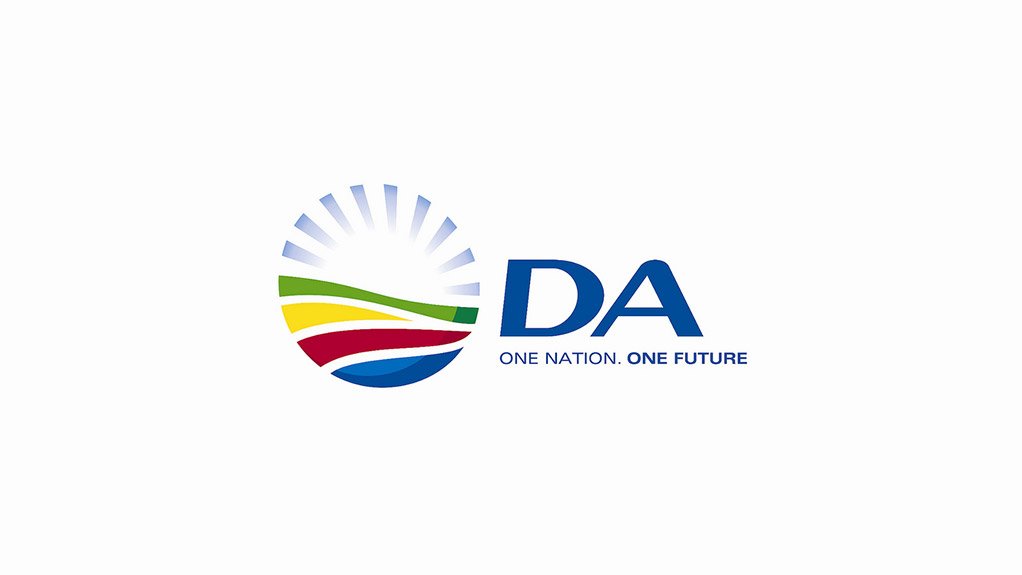Democratic Alliance (DA) chief whip Siviwe Gwarube noted on Wednesday that while the DA has engaged all political parties represented in Parliament about its proposals for coalition governments, it hopes that the upcoming National Dialogue on coalition governments will create a space for experts, civil society and other key stakeholders to make their input.
The Presidency will host the dialogue on August 4 and 5.
Gwarube said that this came on the back of the DA’s efforts to get political parties represented in Parliament and government to collaborate on solutions for unstable hung governments across the country.
“The urgency has been informed by the research we are seeing which indicates that we are likely to see provincial and possibly a national coalition government after next year’s election,” she said.
The party said the marker of success for this dialogue would be concrete action steps to be taken between now and the next election.
“We hope to see greater support for the Bills we have brought before Parliament and remain open to the myriad of other proposals coming from all stakeholders,” she added.
The DA said the Presidency cannot allow this dialogue to be another talk shop.
“South Africans are looking to their representatives for solutions that will bring about clean, accountable and stable governments. The DA stands ready to be part of the solution. We invite others to do the same,” Gwarube added.
The DA has proposed and introduced a suite of Bills in Parliament to stabilise coalition governments in South Africa, which seek to amend the Constitution and the Municipal Structures Act of 1998.
These amendments will provide a legal framework for stable and accountable coalition governments at a local, provincial and national level, Gwarube added.
The laws will seek to introduce an electoral threshold that will be key to stabilising overly-fragmented coalition governments and expand the time allowed in the Constitution to negotiate and swear in a government after an election from 14 days to 30 days across local, provincial and national levels.
Also the proposed law will limit the use of motions of no confidence to once a year, provided there is evidence of laws being broken and objective gross misconduct.
Gwarube noted that Parliament - as the institution tasked with lawmaking - could not sit back and not prepare the groundwork for the possibility of coalitions.
“We must ensure that the instability we have seen at a local level is not replicated at a provincial and national level. Ultimately coalition governments must serve the people and not the narrow political interests of the connected few,” she said.
EMAIL THIS ARTICLE SAVE THIS ARTICLE ARTICLE ENQUIRY
To subscribe email subscriptions@creamermedia.co.za or click here
To advertise email advertising@creamermedia.co.za or click here











